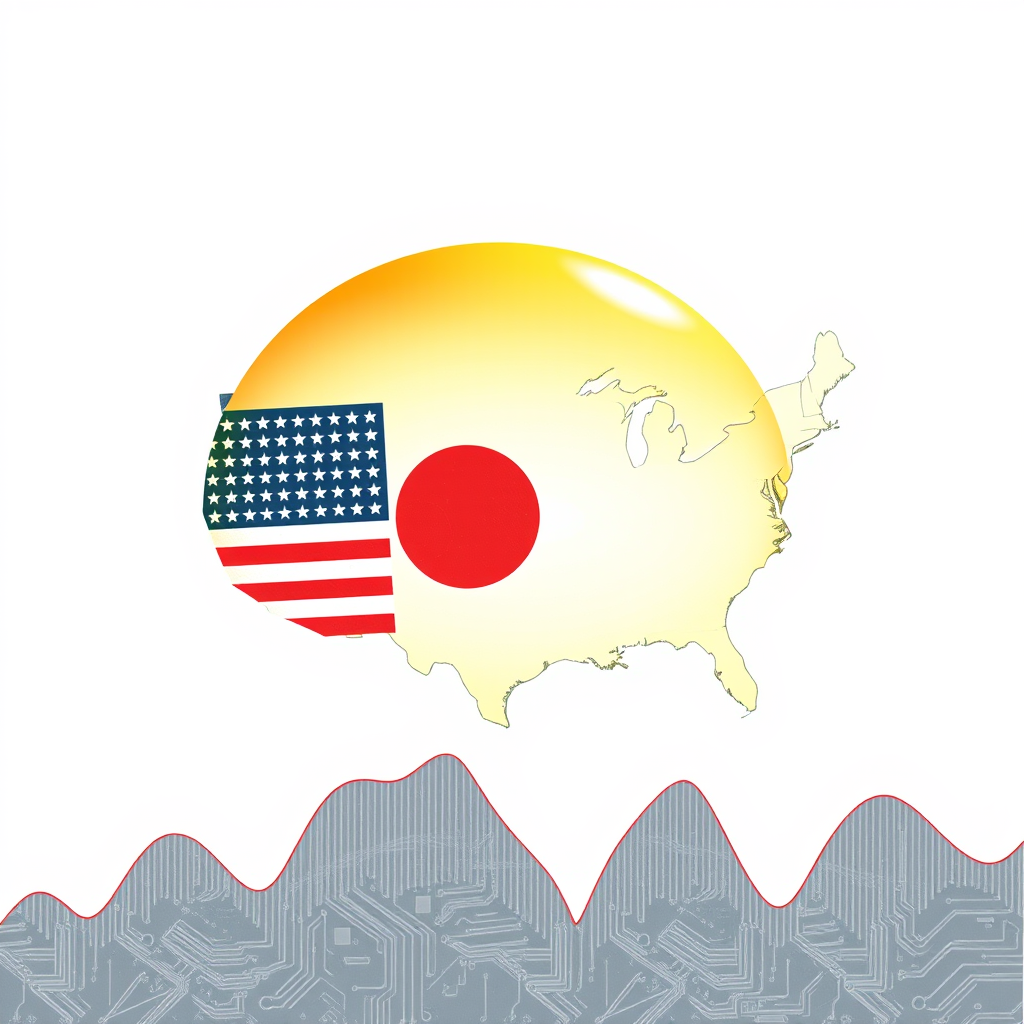Will Japan Fund Trump’s Ambitious Missile Shield?

A potential collaboration between Japan and the United States on former President Trump’s ambitious “Golden Dome” missile defense system is emerging as a complex negotiation, intertwining security interests with economic concerns. Following recent discussions between Japanese Prime Minister Shigeru Ishiba and President Trump, Japan appears to be exploring ways to contribute to the project – a sprawling network of satellites, sensors, and interceptors intended to shield the U.S. from aerial attacks – while simultaneously seeking relief from Trump’s ongoing tariffs.
The “Golden Dome,” estimated to cost hundreds of billions, if not trillions, of dollars, and slated for completion by 2029, presents a significant undertaking for the U.S. Space Force. Japan, having already embarked on its own substantial military buildup – becoming the world’s third-largest defense spender – and possessing advanced technological capabilities in areas like AI, robotics, and space surveillance, is a logical partner. Tokyo is planning the launch of its first “space domain awareness” satellite in 2026, aligning with U.S. Space Force priorities.
However, this potential collaboration isn’t purely altruistic. Japan, heavily reliant on international trade, is keen to see Trump’s tariffs – including a 25% levy on automotive parts and a 24% “reciprocal” tariff – reduced or eliminated. The Nikkei reports Japan may leverage its participation in the “Golden Dome” project as a “bargaining chip” in trade negotiations. This approach reflects a broader Japanese strategy of prioritizing “investment rather than tariffs,” aiming for a “win-win” relationship that fosters U.S. employment and strengthens bilateral cooperation.
The situation highlights the delicate balance between security alliances and economic self-interest. While collaboration on missile defense could provide Japan with increased security assurances against regional adversaries like North Korea, China, and Russia – all of whom have criticized the project – it’s clear that Japan seeks tangible economic benefits in return.
The Trump administration has requested offers from countries regarding the tariffs by June 4th, setting a clear deadline for negotiations. The outcome will likely determine the extent of Japan’s involvement in the “Golden Dome” and the future of U.S.-Japan trade relations. It’s a shrewd move by Japan to tie security cooperation to economic concessions, demonstrating a pragmatic approach to navigating a complex geopolitical landscape. The success of this negotiation will hinge on whether both sides can find common ground that addresses their respective priorities and avoids escalating tensions.